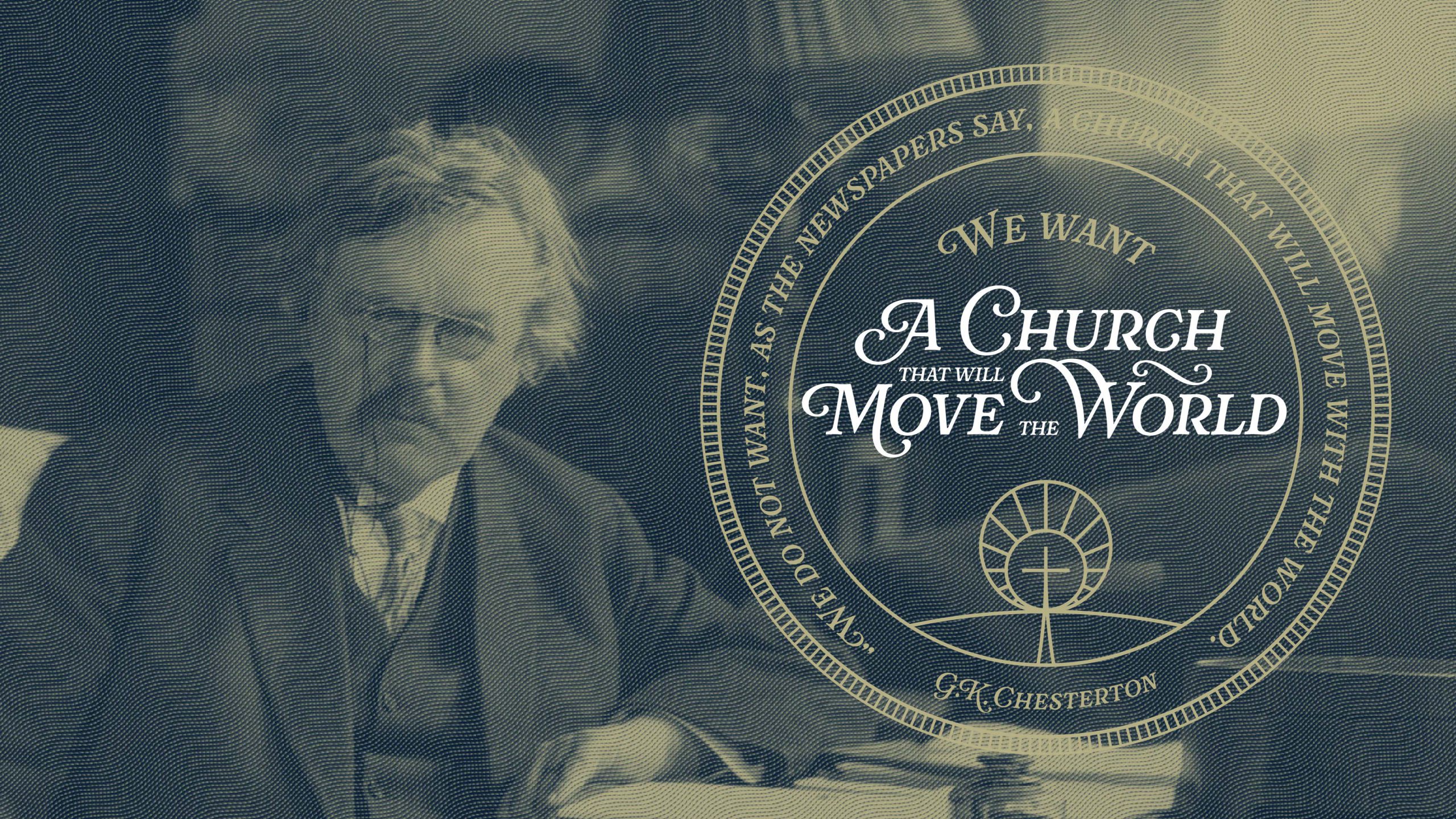

BreakPoint
Guarding Sing Sing
Ted Conover is a journalist who wanted to write about America's prisons. But, he didn't interview guards and inmates to get the story. He wanted the inside scoop, so he went behind bars. No, he didn't get arrested; he went on the payroll. After a year as a corrections officer, Conover wrote a book that affirms what Prison Fellowship has been proclaiming for twenty-five years. Only faith can make the difference in America's darkest places, both for the souls in prison and for the nation itself. Conover first established himself as an adventurous journalist, doing investigative stories on illegal Mexican immigrants and the desolation of Rwanda. But none of his exotic and dangerous travels prepared him for the story he tells in his book Newjack, about his time in the maximum security prison, Sing Sing. Originally built in 1828 (by the same inmates who would be imprisoned behind those forbidding stone walls), Sing Sing is one of America's most storied prisons. When French historian Alexis de Tocqueville visited there in 1831, he observed that "whilst society in the United States gives the example of the most extended liberty, the prisons in the same country offer the spectacle of the most complete despotism." Sadly, Tocqueville's words still ring true today. Conover discovered that not only do our prisons dehumanize offenders, they sow seeds of inhumanity in the hearts of corrections officials as well. Despite his best efforts -- and even though he knew his time there was short -- Conover was deeply disturbed by the experience. He became a man his wife and children did not recognize. So, after all that time in prison, observing and interacting with violent offenders, what did Conover conclude about our penal system? In an interview with Diane Rehm on National Public Radio, Conover offered two observations. First, our system is in desperate need of reform. America's growing prison population illustrates an "absurd over-reliance on incarceration." As he put it, people who can create the Internet must be able to find "better ways to treat offenders." He's right, of course. Prison is a "blunt instrument" that doesn't suit all crimes and all offenders. The one-size jail cell truly does not fit all -- which is why Prison Fellowship has pursued and supported efforts to find alternative sentencing options. The other thing Conover saw was that only religion made a lasting difference in inmates' lives. It was the religious prisoners who were the only ones he found with hope. And that's exactly why I began Prison Fellowship twenty-five years ago. I don't recommend this book because the language in places is offensive. But what a great apologetic it is for the Christian faith to have these kinds of conclusions from a secular journalist. President Bush's commitment to faith-based solutions to social problems opens up new opportunities for one of the most visible examples of how the gospel impacts our culture -- right where we need it most: in the prisons. But government financial support isn't the solution, though it can help in some cases. What's really needed are volunteers to take the gospel message to those inside and to their families, unleashing faith -- which will transform the world of crime, one life at a time. You don't have to go into prison to see God's power, but you may want to. For further reference: Conover, Ted. New Jack: Guarding Sing Sing. New York: Random House, 2000. The Diane Rehm Show. National Public Radio, 15 January 2001. ------- Touch the future of the Kingdom of God by making a commitment to a planned gift. Prison Fellowship has professional planned giving staff to help you be a good steward of the blessings God has given to you. Please call us toll-free at 1-877-PFM-GIVE, or email us at <give@pfm.org> for more information. -------
09/8/06















